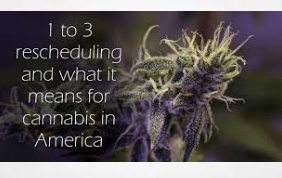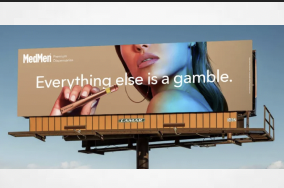They write
Social equity is a critical component in every cannabis market, new and old. However, racial and gender diversity is still lacking—especially in ownership and executive positions. Also missing: hard data about it.
We hold up the mirror. Now, our exclusive research paints a true picture of where we stand. Plus, learn from key stakeholders and understand the obstacles to change.
First published in 2017, and updated in 2019, the new 2021 Women & Minorities in the Cannabis Industry, is now available for download here.
It is written in three parts:
- The Current State of Diversity in the Cannabis Industry (includes data on ownership, exec positions, breakdown by sector, employees, select states’ data, etc).
- Challenges to Diversity and Equity (includes data application and licensing fees, start up costs, net worth by race, banking, drug related arrests, etc).
- Making It Better (includes numerous resources and organizations focused on helping women and minorities).
“Since the first edition of this report was published in 2017, the cannabis industry has changed significantly—and with it the diversity landscape. For example, preventing individuals with a drug conviction from working in or owning a marijuana business—which disproportionately affects people of color—was common place in most early legal markets. Now, social equity is a critical component in every market, new and old,” stated Jenel Stelton-Holtmeier, editor of the report at MJBizDaily. “Racial and gender diversity in the marijuana industry is still lacking—especially in ownership and executive positions.”
“Social equity initiatives and cannabis legalization are now intertwined, but there is still no magic bullet to improve the landscape,” continued Stelton-Holtmeier. “It is encouraging, however, to see new markets wanting to improve upon the programs that came before and older markets attempting to fill the gaps that still exist.”
**Interviews, report PDF, and charts are available by request.**
***Don’t forget to make yours plans for MJBizCon at Las Vegas Convention Center, Oct 20-22***
FROM THE REPORT
The percentage of executive positions held by women and minorities in cannabis fell between 2019 and 2021, according to the 2021 Women & Minorities in the Cannabis Industry from MJBizDaily.
Women and Representation
“As the cannabis industry expands, more women are getting involved. But the percentage of executive positions held by women declined in 2021 after a spike in 2019.
“Notably, in 2021, the percentage of women holding executive positions fell below the average recorded across the larger U.S. business landscape. Previously, the portion of executive positions held by women in the cannabis industry consistently outpaced that of mainstream businesses.
“This shift isn’t driven solely by the decline in women cannabis executives; the latest data from the U.S. Bureau of Labor Statistics indicates that women hold a higher percentage of these roles in the broader economy—up to nearly 30% from only 21% in 2018.
“It’s hard to say for sure what’s driving the change, but some industry experts suggest that competitive markets tend to favor businesses with men in ownership and leadership positions, primarily because of their established access to capital.
“The money and resources companies need to survive and expand often comes from private capital markets, which are largely male-dominated, such as family investment offices and venture capital firms.”
Minority Leadership
“The percentage of minorities who hold executive positions at cannabis businesses stands at 13.1%, in line with the average across all U.S. businesses. The number is down from 2017, despite increased focus at the state level to improve racial diversity within the industry.
“Social equity programs are a critical aspect of all new regulated marijuana markets, and several of the first markets are looking for ways to fix this gap. But several programs have fallen short of their goals. Some of the contributors to these hurdles include licensing delays, challenges to how the policies are implemented and a lack of access to capital for economically disadvantaged communities.”

















